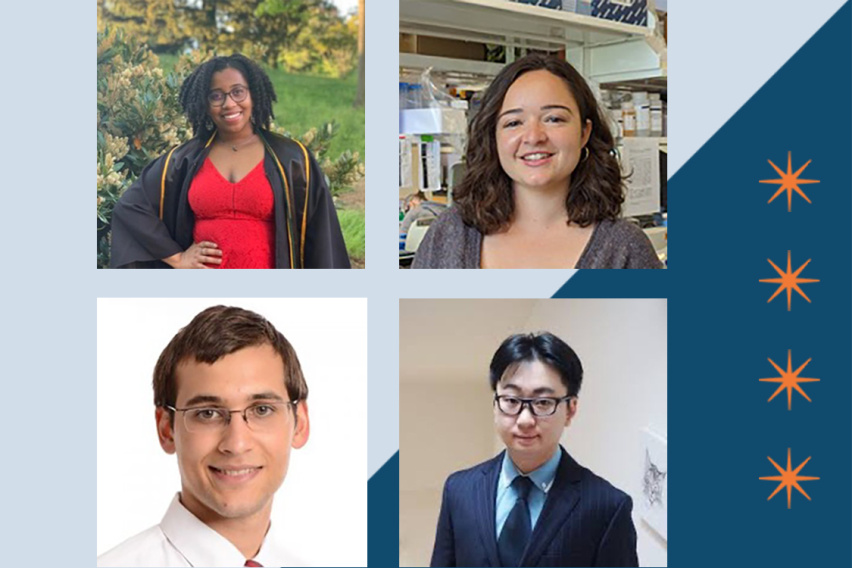Business Wire
December 7, 2017
Lumicell, a Koch Institute startup, is lighting up the Boston biotech scene! With its Lumicell System, the company aims to eliminate the need for repeat cancer surgeries, reduce the incidence of relapse, and save billions in healthcare costs. The low-cost technology comprises an injectable fluorescing agent and hand-held imaging wand, which emits light at a specific wavelength to illuminate, in real time, even single cancer cells left in surgical margins. Earlier this month, the company presented data from its ongoing Phase 2 clinical study in breast cancer patients showing removal of tumors as small as 1 mm. Trials are currently underway in other solid tumors — including prostate, colorectal, esophageal and pancreatic cancers — and being planned for lung, ovarian, and brain cancers. In a nod to the recently announced success of its clinical studies, Lumicell announced a $28.7 million Series C financing round.
As linked to earlier in this issue, on November 29, guests of the KI got an inside look at Lumicell's latest progress at SOLUTIONS with/in/sight, "Cells in the City." Lumicell's Linda Griffith, W. David Lee, and Moungi Bawendi joined SQZ Biotechnology's Armon Sharei and Amy Schulman to discuss their journeys from bench to biotech, and how grassroots funding from the Koch Institute’s signature Frontier Research Program helped propel these high-risk ideas into high-reward technology. Watch the presentations here and see photos from the event here.
